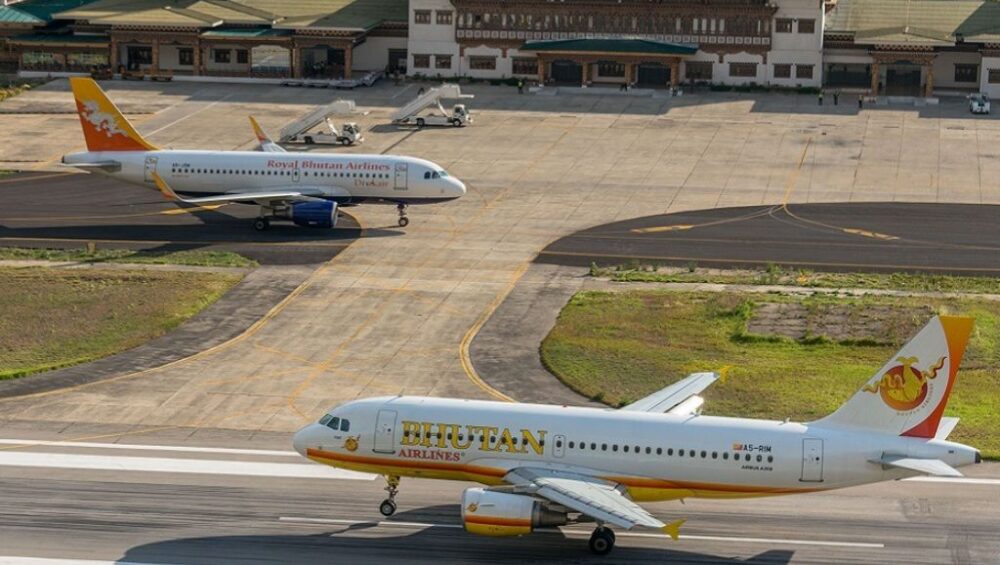Introduction to Sustainable Tourism in Bhutan
Bhutan is a global leader in sustainable tourism, offering visitors a unique chance to experience its unspoiled nature, rich culture, and spiritual heritage. With its “High Value, Low Impact” tourism policy, Bhutan emphasizes quality over quantity, ensuring that tourism supports environmental conservation, preserves culture, and benefits local communities. Bhutan Tour Info is dedicated to providing you with eco-friendly, responsible, and enriching travel experiences.
1. Bhutan’s Commitment to Sustainability
Bhutan’s sustainable tourism policy aligns with its Gross National Happiness (GNH) philosophy. This holistic development approach considers environmental preservation, cultural heritage, and the well-being of citizens above pure economic growth.
Low Impact Tourism: Bhutan restricts the number of tourists by charging a daily Sustainable Development Fee (SDF), ensuring a low environmental footprint.
Nature Conservation: Over 70% of Bhutan is covered by forests, and the country remains carbon-negative, meaning it absorbs more carbon than it produces.
Cultural Preservation: Bhutan promotes its rich traditions by encouraging tourists to engage in cultural practices while maintaining respect for local customs and beliefs.
2. Eco-Friendly Travel Tips
As a responsible traveler, you can contribute to Bhutan’s sustainability efforts by following these eco-friendly travel practices:
Choose Eco-Friendly Accommodations: Opt for hotels and lodges certified for their environmental sustainability.
Pack Responsibly: Avoid bringing single-use plastics and carry reusable water bottles, bags, and containers.
Respect Wildlife: Maintain a safe distance from wildlife, avoid disturbing natural habitats, and stay on marked trails.
Support Local: Purchase locally-made products, eat at local restaurants, and hire local guides to boost the economy.
3. Top Eco-Friendly Destinations in Bhutan
Bhutan is home to some of the most pristine landscapes and culturally significant sites. Here are a few eco-friendly destinations worth exploring:
Paro Taktsang (Tiger’s Nest Monastery): One of Bhutan’s most iconic landmarks, perched on a cliff, accessible only by foot, making it a minimal-impact site.
Phobjikha Valley: This glacial valley is a sanctuary for the endangered black-necked cranes and a perfect place for eco-tourism and wildlife enthusiasts.
Jigme Dorji National Park: A UNESCO-designated national park known for its biodiversity and unique trekking routes that allow close interaction with nature.
4. Sustainable Tour Packages
At Bhutan Tour Info, we offer sustainable tour packages designed to minimize environmental impact while maximizing cultural exchange and local support.
Cultural Tours: Immerse yourself in Bhutanese festivals, traditional arts, and rituals with respect for local customs.
Adventure Tours: Hike Bhutan’s pristine trails, explore hidden valleys, and enjoy eco-friendly camping experiences.
Wildlife Tours: Visit conservation areas to witness Bhutan’s rich biodiversity and learn about ongoing wildlife protection efforts.
5. Travel Responsibly: Bhutan’s Tourism Policies
Bhutan’s strict tourism policies encourage responsible tourism and ensure the protection of its environment and heritage.
Daily Sustainable Development Fee (SDF): Bhutan charges a daily fee that supports environmental conservation and community development projects. This fee also ensures a controlled number of tourists.
Minimum Daily Package: Bhutan requires tourists to book through licensed tour operators, ensuring a seamless and responsible travel experience.
6. Why Choose Bhutan Tour Info for Sustainable Travel
At Bhutan Tour Info, we are passionate about promoting sustainable tourism in Bhutan. We collaborate with local communities, support conservation projects, and offer eco-friendly tour packages that align with Bhutan’s high standards for responsible tourism.
Eco-Certified Tours: All our tours are designed to leave a minimal environmental footprint.
Local Expertise: Our guides are locals who offer deep insights into Bhutan’s culture and traditions.
Commitment to Sustainability: A portion of your travel fees supports community development and conservation efforts in Bhutan.
7. Frequently Asked Questions (FAQs) About Sustainable Tourism in Bhutan
What is the daily Sustainable Development Fee (SDF)?
The SDF is a fee that contributes to Bhutan’s conservation efforts, education, and health services. It ensures that tourism remains sustainable and low-impact.
How can I make my trip to Bhutan more sustainable?
Choose eco-friendly accommodations, support local businesses, avoid single-use plastics, and respect Bhutanese customs and nature.
Are there eco-friendly activities available in Bhutan?
Yes, activities such as trekking, wildlife tours, cultural exchanges, and visiting conservation areas are perfect for eco-conscious travelers.





